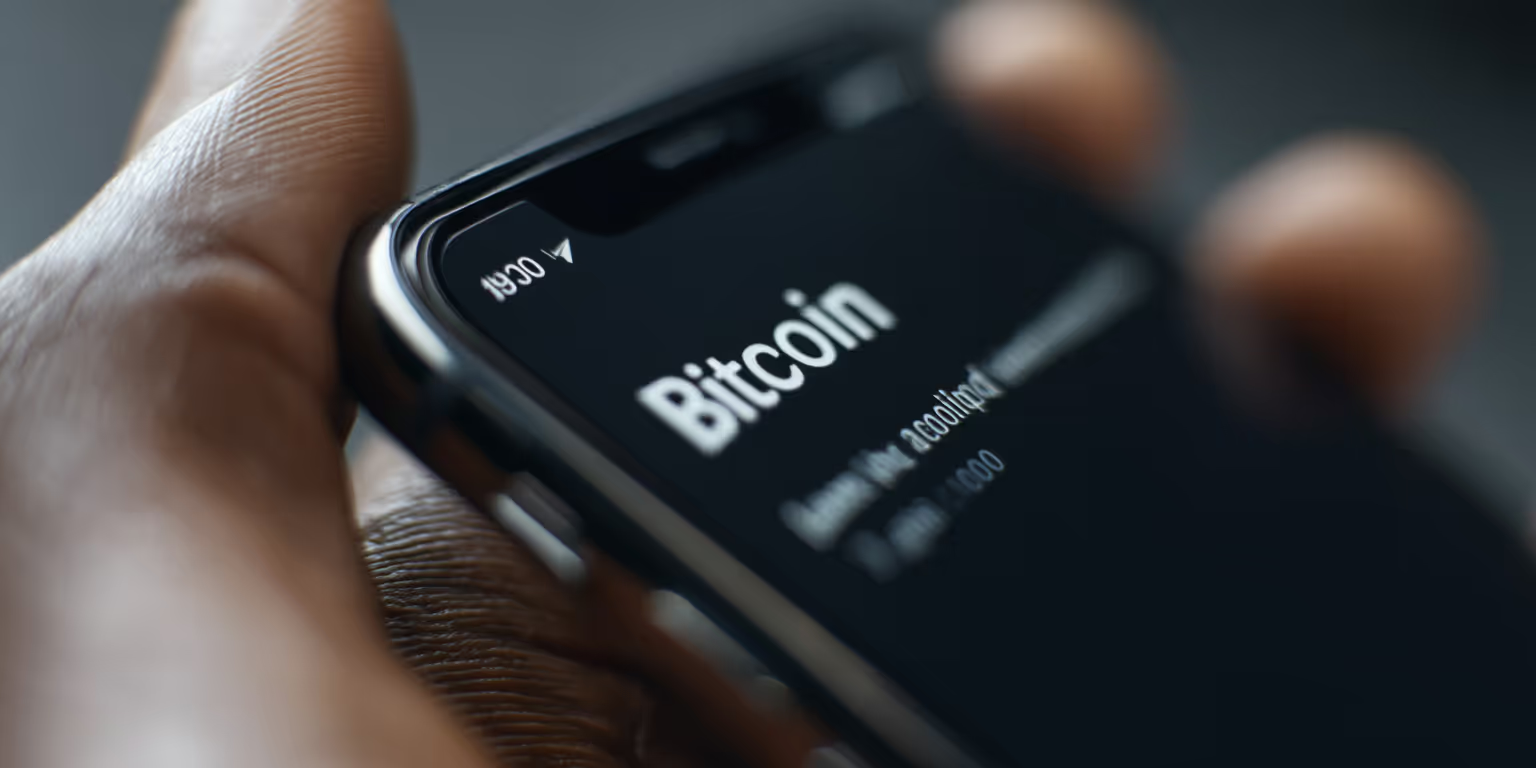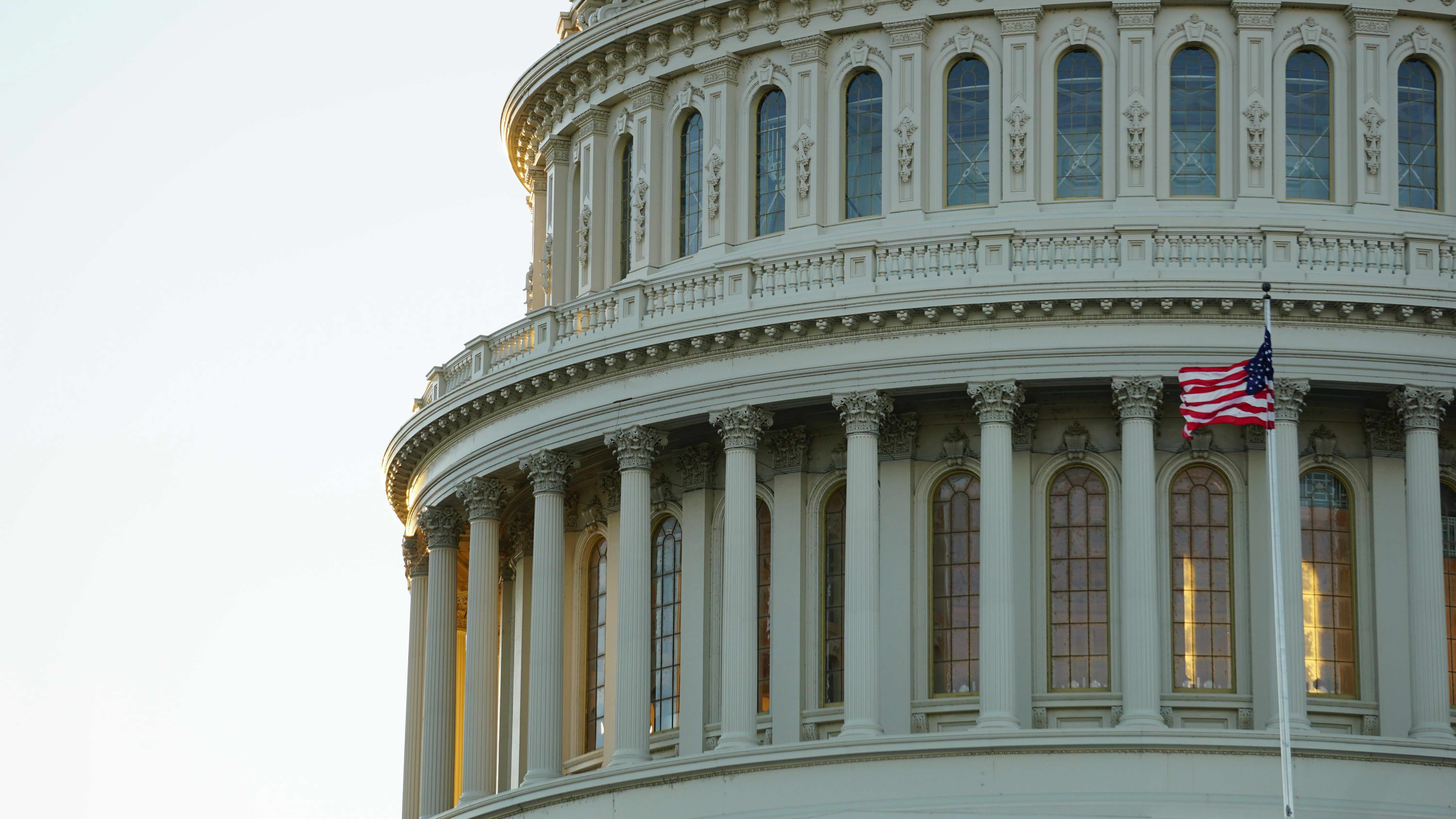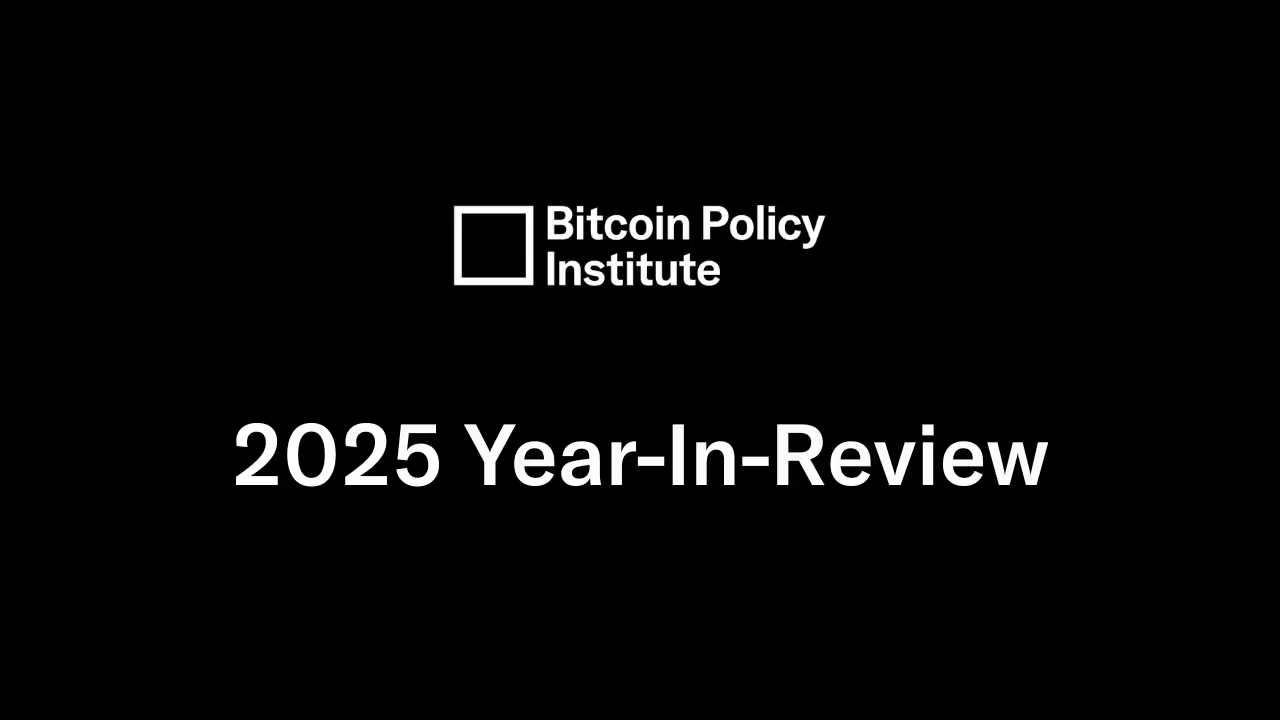NO MORE DEBANKING, PART 3: REMEDIES
BPI Senior Fellow Andrew Bailey unpacks the issue of debanking in the Bitcoin Policy Institute’s latest three-part blog series.

We’ve seen, thus far, two different kinds of debanking, and some reasons to be concerned with each. What unites them is this: they are carried out by powerful corporations, including commercial banks and large payment networks. Herein lies a problem. Modern banking and payments systems are a curious hybrid: neither entirely public nor entirely private. This mixed character, and the fact that debanking sometimes originates from government agents, undermines the idea that, since commercial banks and their partners are private enterprises, they should be able to block any customers they please.
Indeed, there is something of a paradox here. On the one hand, no bank or financial provider should be required to extend services to any particular individual. On the other hand, no legal industry should be denied access to payments and accounts.
There is a way forward, and both private and public action can help.
On the public policy front, some helpful rule changes were recently outlined by lawmakers in the wake of a House Financial Services Committee hearing on FDIC-led debanking:
- Written, public guidance — no more secret or verbal-only directives
- Concrete rationale for account closures — customers should receive a clear explanation when their accounts are closed
- Eliminate ‘reputational risk’ — prevent abuse or discrimination by removing altogether this amorphous concept from supervisory guidance
- Balancing test — regular, external review of supervisory guidance that weighs its impact on law-abiding consumers
- Uniform application — all rules should apply equally to all institutions, to reduce unfair or discriminatory treatment
Nic Carter —a researcher, cryptocurrency venture capitalist, and sometimes-journalist who first broke the Operation Chokepoint 2.0 story noted above — has championed these rule changes, and proposes another:
- End the de facto ban on de novo bank charters that has prevailed since Dodd-Frank. Let boutique or specialist banks take on disfavored clients, if they wish. In a free society, the decision to take on disfavored but law-abiding clients should lie with banks themselves, not unelected regulators working through secret rules.
Debanking is, at the time of writing, a live and politically charged topic; new information continues to come to light about regulator misconduct. As further details emerge, lawmakers would do well to identify other steps they can take to prevent future abuses. Effective oversight from elected leaders here will be an important way to earn and restore trust in regulatory institutions.
So much for regulator-led debanking. What of its privately-led variation? Can public policy be a remedy here? Perhaps not.
It would be intolerable — to anyone partial to the First Amendment, that is — for governments to impose rules like those Stripe enforces. For the same reason, though, it would be intolerable for governments to positively require Stripe to serve customers engaged in the distasteful conduct at hand. For free association, too, is guaranteed by the First Amendment. Stripe or Patreon may associate, or not, with cancer-peddling tobacconists or disreputable conspiracy theorists, even the law-abiding ones. This is their right.
There are good reasons to think that it is bad for a firm like Stripe to exercise so much control over who may make payments; private debanking is indeed a problem. But there are also good reasons to think that more law is not the solution.
A better path forward lies with users themselves; it is here that we find a promising remedy to privately-led debanking efforts.
When corporate networks are powerful, and when their masters threaten to exclude or censor users, the thing to do is to route around them. Users can avoid debanking by developing and using permissionless payment and banking rails that bypass traditional authorities, and thus fall beyond the easy capture or political weaponization by corporate executives. Bitcoin is the largest, the most widely used, and most important tool of this kind. Among cryptocurrencies, it is king.
The suggestion here has several advantages. First, it does not involve forcing payment service providers or commercial banks to associate with activities they’d rather have nothing to do with. Second, it requires no new laws or rules; deadlock on Capitol Hill is no impediment to its success. Anyone can help themselves to the solution, and at very low cost. Third, it is a remedy, not just to the overreach of private payment authorities, but to public ones as well. Finally, using bitcoin has a compounding effect over time. Bitcoin, like other monies, is a network good; the more people who accept it, the more useful it is.
Worried about debanking? Use bitcoin.



.svg)





